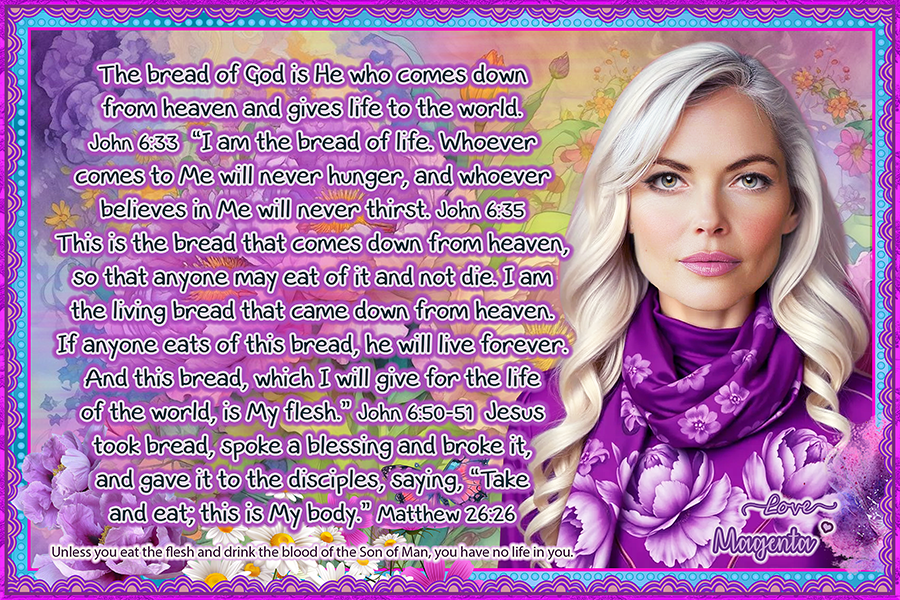I'm sure it has something to do with the promise of the Holy Spirit, but I'm attempting to grasp the relevance of His saying that He would not drink again until He drinks it with us in the kingdom. If He's speaking of the cup of 'His blood poured out for us,' then i understand why He'd say he wouldn't drink it again, but that He adds 'until I drink it with you in My Father's kingdom,' causes me to wonder.
Matthew 26:29 KJV
“In my Father's house are many mansions: if it were not so, I would have told you. I go to prepare a place for you. And if I go and prepare a place for you, I will come again, and receive you unto myself; that where I am, there ye may be also.”
John 14:2-3 KJV
“Jesus answered, My kingdom is not of this world: if my kingdom were of this world, then would my servants fight, that I should not be delivered to the Jews: but now is my kingdom not from hence.”
John 18:36
“but the heavens and the earth, which are now, by the same word are kept in store, reserved unto fire against the day of judgment and perdition of ungodly men….
But the day of the Lord will come as a thief in the night; in the which the heavens shall pass away with a great noise, and the elements shall melt with fervent heat, the earth also and the works that are therein shall be burned up.
….Nevertheless we, according to his promise, look for new heavens and a new earth, wherein dwelleth righteousness.”
2 Peter 3:7, 10, 13
“And I saw a new heaven and a new earth: for the first heaven and the first earth were passed away; and there was no more sea.
And I John saw the holy city, new Jerusalem, coming down from God out of heaven, prepared as a bride adorned for her husband. And I heard a great voice out of heaven saying, Behold, the tabernacle of God is with men, and he will dwell with them, and they shall be his people, and God himself shall be with them, and be their God.
And God shall wipe away all tears from their eyes; and there shall be no more death, neither sorrow, nor crying, neither shall there be any more pain: for the former things are passed away.
And he that sat upon the throne said, Behold, I make all things new. And he said unto me, Write: for these words are true and faithful.”
Revelation 21:1-5 KJV
The kingdom in heaven will come to a renewed earth and then he will again walk among us in the body of Christ Jesus our Lord

